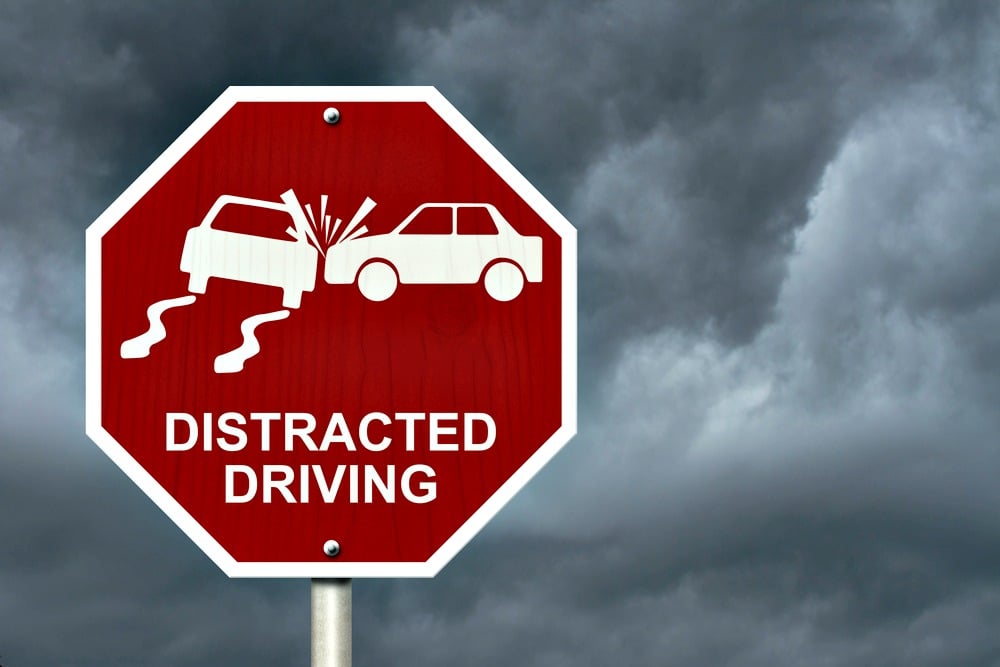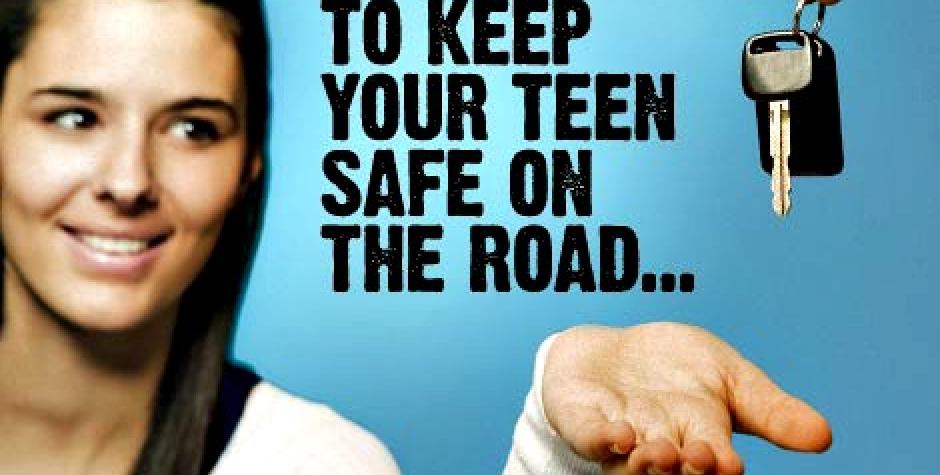2021 National Teen Driver Safety Week

The 2021 National Teen Driver Safety Week runs from October 17 – 23. Next week, and every week, parents should have conversations with their teens about the important rules they need to follow to stay safe behind the wheel of a motor vehicle. These rules address the greatest dangers for teen drivers: alcohol, inconsistent or no seat belt use, distracted and drowsy driving, speeding, and number of passengers.
In addition, the 2021 National Teen Driver Safety Week is also an ideal opportunity for parents, educators, and teen drivers to join forces to raise awareness of teen driver risks and to seek solutions.
The problem: Teen drivers are still dying on the road
Now in its 15th year, National Teen Driver Safety Week was established in 2006 to help teen drivers establish safe driving habits. Do you think it’s not a serious issue? Check out these scary, but true, teen driving statistics.
- Motor vehicle crashes are the leading cause of death for teens (15 to 18 years old) in the United States – ahead of all other types of injury, disease, or violence.
- The first year of solo driving is the most dangerous. Novice teen drivers are twice as likely as adult drivers to be in a fatal crash.
- One of the worst causes of teen accidents is having extra passengers in the car. In fact, nine in ten teens report that passenger behavior is a distraction. Your teen is 8 times more likely to crash when passengers are present.
- Speeding is the reason for one in every three teen driver crashes.
Teens are 3 times more likely to crash at night than during the daytime.
2021 National Teen Driver Safety Week focuses on solutions
Teen drivers face dangers on the road each and every day. National Teen Driver Safety Week not only focuses on these problems, but also on solutions to reduce them.
These are the biggest dangers teen drivers face on the road:
- Immaturity and inexperience
- Inconsistent or no seat belt use
- Alcohol or drugs
- Speeding
- Extra passengers
- Distracted driving
- Drowsy driving
Tips for teen drivers
If you’re a teen driver, here are a few tips to stay safe on the road during 2021 National Teen Driver Safety Week…and beyond!
- Buckle Up!
It’s the law in all 50 states. Before even putting the key in the ignition, make sure your seat belt is fastened. Plus, make sure all your passengers are buckled up too. Seat belts reduce serious crash-related injuries and deaths by about half. - Make Adjustments
Adjust your mirrors to minimize blind spots, clean your windshield, and turn off the phone. Plus, don’t forget to adjust your headrest to a height behind your head – not your neck – to minimize whiplash in case you’re in an accident. - Be a courteous driver
Be a courteous driver by signaling properly, avoid tailgating other cars, and obeying all road rules. - Peer Passengers
People tend to think that your biggest driving distraction is a cell phone. It isn’t (but it’s certainly dangerous). The biggest distraction is peer passengers. Joshua’s Law allows no peer passengers for the six months. During the second six months, you can have just one peer passenger in the car with you. After one year, a teen driver in Georgia can have no more than three other passengers. - Put the phone in the glove box
Teen drivers (and adults too!) simply cannot multi-task while behind the wheel. So, turn your phone’s ringer off and put it in the glove box. - Learn from your mistakes
As with anything else in life, practice makes perfect. When you make a mistake, adjust your behavior and “learn your lesson.” Learning to drive doesn’t happen in just a few months. It’s a skill that must be honed and perfected over time.
2021 National Teen Driver Safety Week for parents
If you’re the parent of a new driver, here are a few tips to help your teen stay safe on the road.
- Start the Conversation Early
Talk to your teens about safe driving early and often, before they reach driving age. But don’t stop there. Have conversations with the parents of your teen’s peers or friends and compare notes – both are key to your teens’ safety. - Set the Standard
Talking is important, but action speaks volumes. Show your kids safe driving behavior. Start by modeling good habits any time you drive them anywhere, even before they begin to drive. Make sure that you turn off your cell phone and stow it away. Plus, buckle your seat belt before starting your car. - Get It in Writing
When your teenagers begin driving, we recommend you set ground rules and outline the consequences for breaking them in a parent-teen contract like the Center for Disease Control and Prevention’s Parent-Teen Driving Contract. Consider displaying your contract by the family car keys or near the front door. - Spell Out the Rules
No cell phones, no passengers, no speeding, no alcohol, no driving when tired, and always buckle up. These rules could help save your teen’s life. - Enroll in a AAA-approved Driver’s Education program
Driver education programs, like those offered at Drive Smart Georgia help teach teen drivers the rules of the road. After taking the 40-hour course required by Joshua’s Law, the students then hit the road to apply what they learned in class. This one-two punch has been successful in teaching teens lifelong good driving habits.
Set a good example
2021 National Teen Driver Safety Week is the perfect time to start talking about teen driver safety. Don’t let your child become a statistic.
Parents should pledge to be the driver they want their teen to become. Your children learn by watching YOU. Parents influence their teen’s driving habits more than anyone else.
The lessons – both good and bad – begin early and don’t stop. Set a good example by not speeding, wearing a seat belt, avoiding distractions, and being a courteous, responsible driver. Your teen will follow in your footsteps.
CLICK HERE get our free newsletter and teen driving tips for parents!
Related articles:
- New Georgia Drivers Ed law now applies to 16- and 17-year-old drivers
- Why have teens delayed getting a driver’s license?
- What is Joshua’s Law? A guide for parents to limit teen driver dangers




